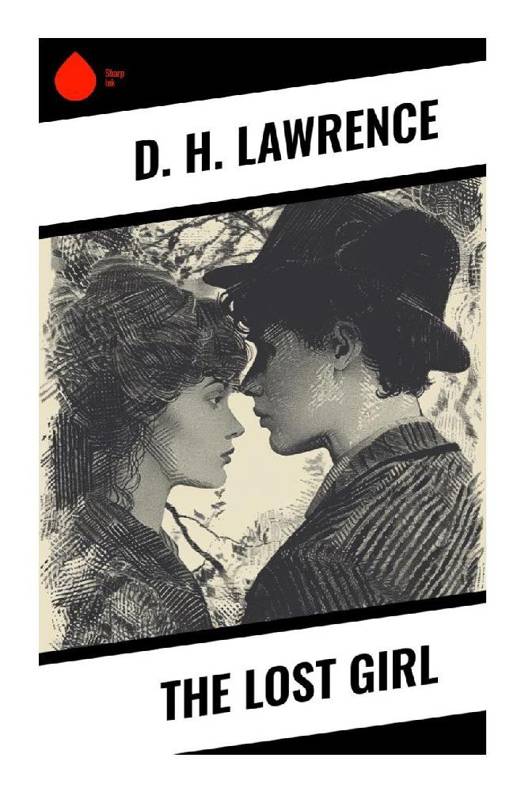
Door een staking bij bpost kan je online bestelling op dit moment iets langer onderweg zijn dan voorzien. Dringend iets nodig? Onze winkels ontvangen jou met open armen!
- Afhalen na 1 uur in een winkel met voorraad
- Gratis thuislevering in België vanaf € 30
- Ruim aanbod met 7 miljoen producten
Door een staking bij bpost kan je online bestelling op dit moment iets langer onderweg zijn dan voorzien. Dringend iets nodig? Onze winkels ontvangen jou met open armen!
- Afhalen na 1 uur in een winkel met voorraad
- Gratis thuislevering in België vanaf € 30
- Ruim aanbod met 7 miljoen producten
Zoeken
Omschrijving
D. H. Lawrence's "The Lost Girl" is a profound exploration of femininity and self-discovery set against the backdrop of early 20th-century England. Through the lens of the protagonist, Lilian, Lawrence delves into the struggles of a woman torn between societal expectations and her own desires. The narrative unfolds with lyrical prose, blending vivid imagery and emotional intensity, characteristic of Lawrence's modernist style. The thematic juxtaposition of personal freedom versus communal obligation echoes the broader cultural shifts of the time, drawing on influences from both Romanticism and early psychological narratives. D. H. Lawrence, a pivotal figure in modern literature, often grappled with themes of sexuality, identity, and the human condition in his works. Born into a working-class family in 1885, his experiences shaped a keen awareness of social injustice and the constraints imposed by society. "The Lost Girl," published in 1920, reflects Lawrence's own conflicts with conventional gender roles and his quest for a deeper understanding of humanity, making it one of his most intimate and revealing works. Readers seeking a profound literary experience will find "The Lost Girl" an essential addition to their collection. Lawrence's masterful narrative not only challenges societal norms but also invites readers to reflect on their own desires and identity. This novel stands as a testament to the enduring power of literature to unearth the complexities of the human experience.
Specificaties
Betrokkenen
- Auteur(s):
- Uitgeverij:
Inhoud
- Aantal bladzijden:
- 216
- Taal:
- Engels
Eigenschappen
- Productcode (EAN):
- 9788028372699
- Uitvoering:
- Paperback
- Afmetingen:
- 152 mm x 229 mm
- Gewicht:
- 301 g

Alleen bij Standaard Boekhandel
+ 27 punten op je klantenkaart van Standaard Boekhandel
Beoordelingen
We publiceren alleen reviews die voldoen aan de voorwaarden voor reviews. Bekijk onze voorwaarden voor reviews.











